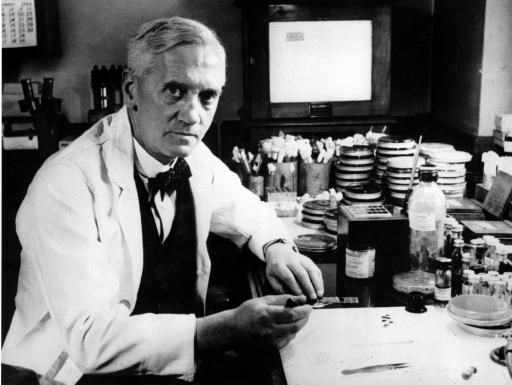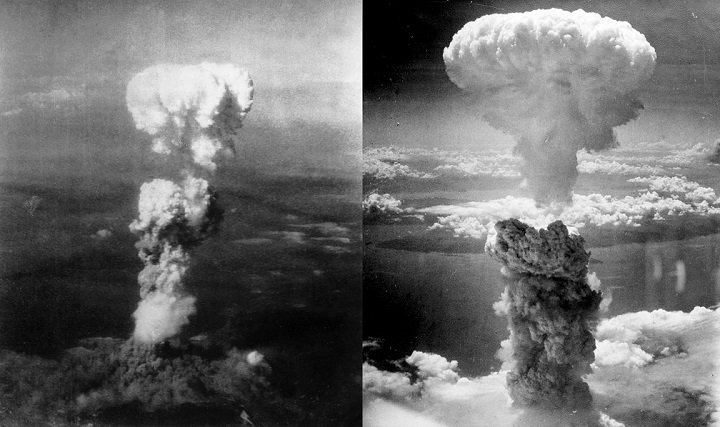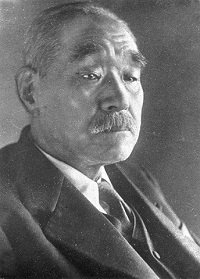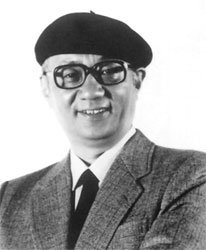The notion that a butterfly flapping its wings in Brazil could cause a hurricane in Texas may seem absurd at first glance. Clearly, butterflies do not possess such extraordinary powers. However, this intriguing concept known as the Butterfly Effect demands our attention.
The Butterfly Effect finds its origins in chaos theory, where it serves as an analogy to describe the sensitive dependence on initial conditions. According to this theory, even the slightest alteration in one state of a deterministic system can result in substantial differences in a subsequent stage.
In simpler terms, small changes have the potential to generate significant and intricate consequences. This principle resonates with the fear associated with time travel, as even a seemingly minor modification in history could wield a detrimental impact on the future.
“You could not remove a single grain of sand from its place without thereby … changing something throughout all parts of the immeasurable whole”
Fichte(The vocation of Man 1800).
Butterfly Effect in real life
Here are some examples of the Butterfly Effect, which occurred when small changes led to larger changes, such as the bombing of Hiroshima and Nagasaki.
5. The Elian Gonzalez Saga
One notable instance of the Butterfly Effect is the story of Elian Gonzalez, where small changes led to significant consequences, including the outcome of the 2000 presidential election in the United States.
Elian, along with his mother, her boyfriend, and 11 others, attempted to flee to Cuba. Tragically, their boat sank, leaving only Elian and two others alive. Found clinging to an inner tube off the coast of Fort Lauderdale on Thanksgiving Day 1999, Elian’s situation captured international attention.
Initially, custody was granted to Elian’s Miami relatives, and he was taken into their care. However, his father, Juan Miguel Gonzalez, eventually requested his son’s return. This sparked a series of events that had far-reaching implications.

On January 5th, the Immigration and Naturalization Service (INS) demanded the swift reunion of Elian with his father. The decision provoked intense emotions among Cuban American citizens in Miami, leading to widespread protests and resulting in numerous arrests.
Ultimately, on April 22nd, 2000, at 5:14 am, federal agents raided the Little Havana home of the Gonzalez family and seized Elian, reuniting him with his father after five months of legal and emotional turmoil.

During this President Clinton faced many protests over the incident.
Remarkably, the Elian Gonzalez saga had unforeseen consequences beyond the personal and familial realm. Florida, home to the largest Cuban community, was significantly affected by the events. The fallout from the saga influenced public sentiment, leading to a decrease in support for Bill Clinton in the upcoming election. The election resulted in a narrow victory for George W. Bush over Al Gore, altering the course of history.
Considering the Butterfly Effect, had Elian’s boat never sunk, the outcome of the election might have been different, potentially impacting subsequent events such as the Iraq War.
4. The Argument over Horses Made Films Possible
Movies, considered one of the most significant inventions in modern history, don’t have a superhero-like origin story. In fact, the movies you enjoy today owe their existence to a peculiar argument that took place in 1878, centered around horses.
Photographer Eadweard Muybridge found himself in a disagreement with Leland Stanford regarding whether horses’ hooves ever left the ground while running.
To settle the dispute, Eadweard set up multiple cameras in rows to capture every movement along the track. This ingenious setup resulted in the creation of the first moving image, conclusively proving that horses do indeed have moments where all their hooves are off the ground when running.
This experiment played a crucial role in the development of motion pictures, laying the foundation for the technology and techniques used in filmmaking today.

3. Penicillin: The Result of an Untidy Lab
Penicillin, one of the most groundbreaking medical discoveries, came about by chance. Sir Alexander Fleming, a professor of bacteriology, was working with the bacteria Staphylococcus before embarking on a vacation with his family. Little did he know that upon his return, he would make a Nobel Prize-worthy breakthrough.

Known for his untidy work habits, Fleming had left his laboratory in a state of disarray. Upon his return, he noticed mold growing on his Petri dishes. To his surprise, the mold killed the bacteria in its vicinity while leaving other colonies unaffected. Fleming had stumbled upon the world’s first naturally occurring antibiotic, which would later be known as penicillin. He isolated the mold as a rare strain of penicillin.
This serendipitous discovery paved the way for the mass production and consumption of penicillin, saving countless lives and earning Fleming a well-deserved Nobel Prize.
2. Mokusatsu : One word, Two lessons.

A mistranslation of the Japanese word “Mokusatsu” played a significant role in the United States’ decision to drop the world’s first atomic bomb on Hiroshima.

During the Potsdam conference, where the Allied leaders presented surrender terms to Japan, a warning was issued that a negative response would result in “prompt and utter destruction.” When Japanese Prime Minister Kantaro Suzuki was asked by a reporter about his response, he uttered the word “Mokusatsu,” which translates to “no comment” or “to ignore.”
Unfortunately, due to a poor translation, U.S. officials interpreted it as “not worthy of comment.” Within ten days, President Harry S. Truman made the decision to drop the atomic bomb.
The devastating bombings resulted in the loss of between 90,000 and 146,000 lives in Hiroshima and between 40,000 and 80,000 lives in Nagasaki. Such a small mistranslation had catastrophic consequences, causing the deaths of over 150,000 people.
1. World War II and the Creation of Anime

The aftermath of the bombings on Hiroshima and Nagasaki in 1945 left Japan grappling with economic hardships, with a significant portion of the population struggling to meet basic needs. However, this dire situation ultimately led to the birth of anime in 1952, thanks to the visionary efforts of Osamu Tezuka.
Osamu Tezuka, an artist, producer, doctor, and activist, began creating comics at affordable prices, aiming to help the public cope with their daily lives during this difficult period. By selling his comics at low prices, Tezuka inspired the Japanese people, including the lower class, to persevere and regain their footing. Over time, Japan emerged from the emotional and economic depression.
Had World War II never occurred, the devastating bombings in Hiroshima and Nagasaki would have been averted. As a result, Japan may not have experienced the subsequent economic downturn that fueled Osamu Tezuka’s inspiration to create comics.
The events that unfolded after World War II had a profound impact on the course of history and directly influenced subsequent developments.
Now that you’ve read about the Butterfly effect, read about Mandella Effect: Alternate Realities or False Memories and then read about Mystery behind Bermuda Triangle.










